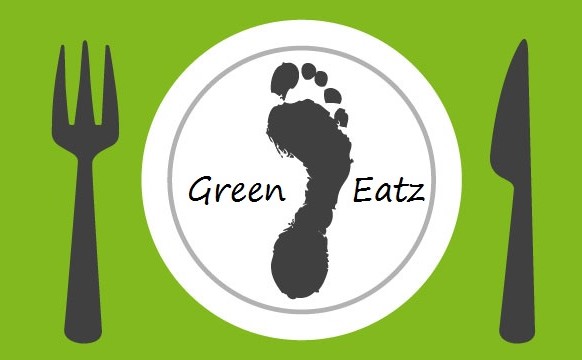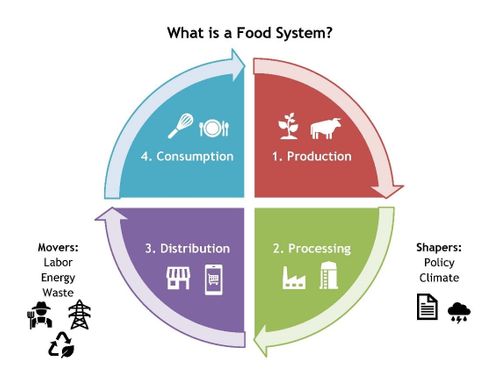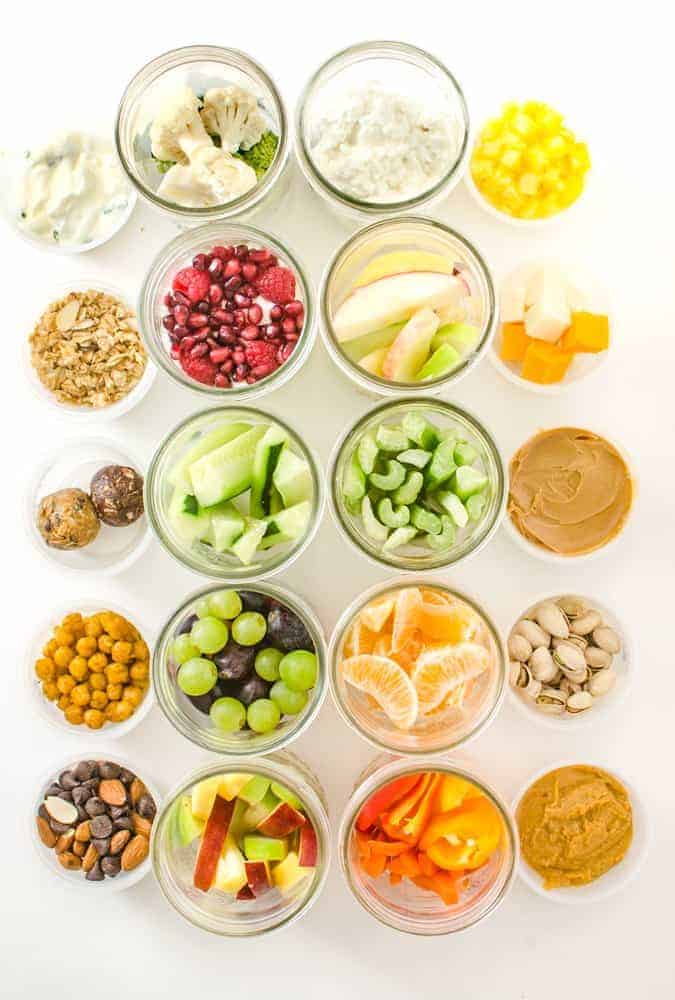Sustainable Eating: A Beginner’s Guide
In today’s fast-paced and convenience-driven world, it’s easy to forget the impact our eating habits have on the environment. From the transportation and distribution of food to the packaging and waste disposal, every step of the food lifecycle contributes to our carbon footprint. But fear not, sustainable eating is not only good for the environment, but it’s also good for your health and wallet too!
Here are some easy ways to get started:
1. Eat Seasonally and Locally
Eating fruits and vegetables that are in season and locally grown can help reduce your carbon footprint. Locally sourced produce requires less transportation and results in fewer greenhouse gas emissions. Plus, seasonal produce tastes better and is often more affordable.
2. Choose Whole Foods over Processed
Whole foods like fruits, vegetables, whole grains, and nuts are not only better for you but also require less energy to produce and transport compared to heavily processed foods. Look for whole food options and try to avoid pre-packaged meals and processed snacks.
3. Reduce Meat Consumption
Animal agriculture is a significant contributor to greenhouse gas emissions and deforestation. Reducing, or even eliminating, your meat consumption can have a significant impact on improving the sustainability of your diet. Consider replacing meat with plant-based proteins like beans, lentils, and tofu.
4. Minimize Food Waste
According to the United Nations Food and Agriculture Organization, one-third of the world’s food production is wasted annually. Plan your meals, use leftovers, and compost any food scraps. Try to shop more frequently and buy only what you need.
5. Choose Sustainable Packaging
Packaging waste is a massive contributor to environmental pollution. Choose products with minimal packaging or packaging that is compostable or recyclable. Opt for reusable containers, bags, and water bottles.
These simple steps can set you on the path to a more sustainable diet. Remember, making small changes to your eating habits can make a huge difference in reducing your impact on the environment. By choosing whole and plant-based foods, eating seasonally and locally, minimizing food waste, and choosing sustainable packaging, you can reduce your carbon footprint while improving your health!











